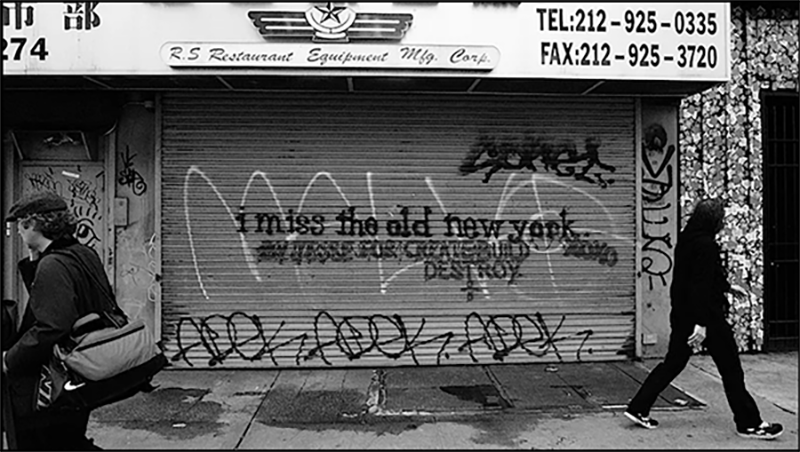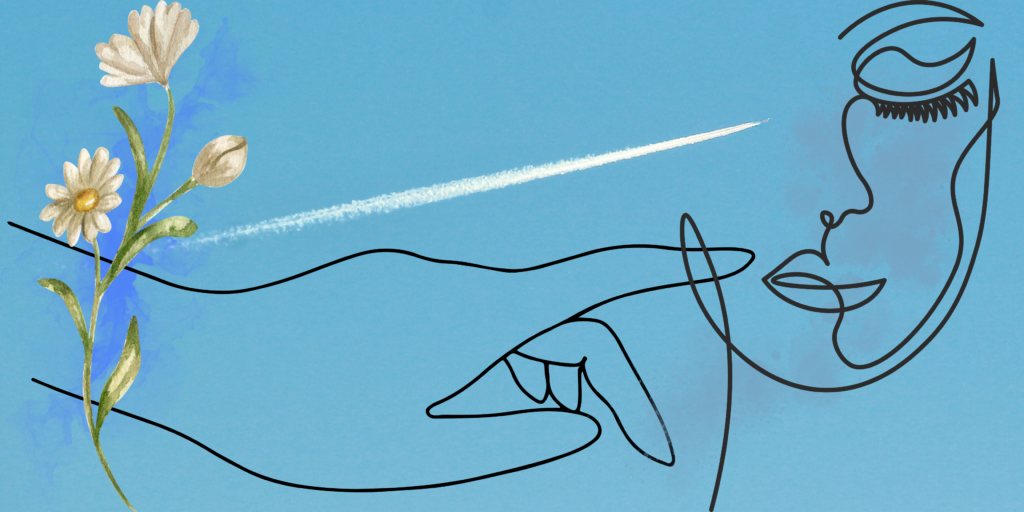A Muslim Hospital Chaplain Struggles with Faith Amid the Pandemic
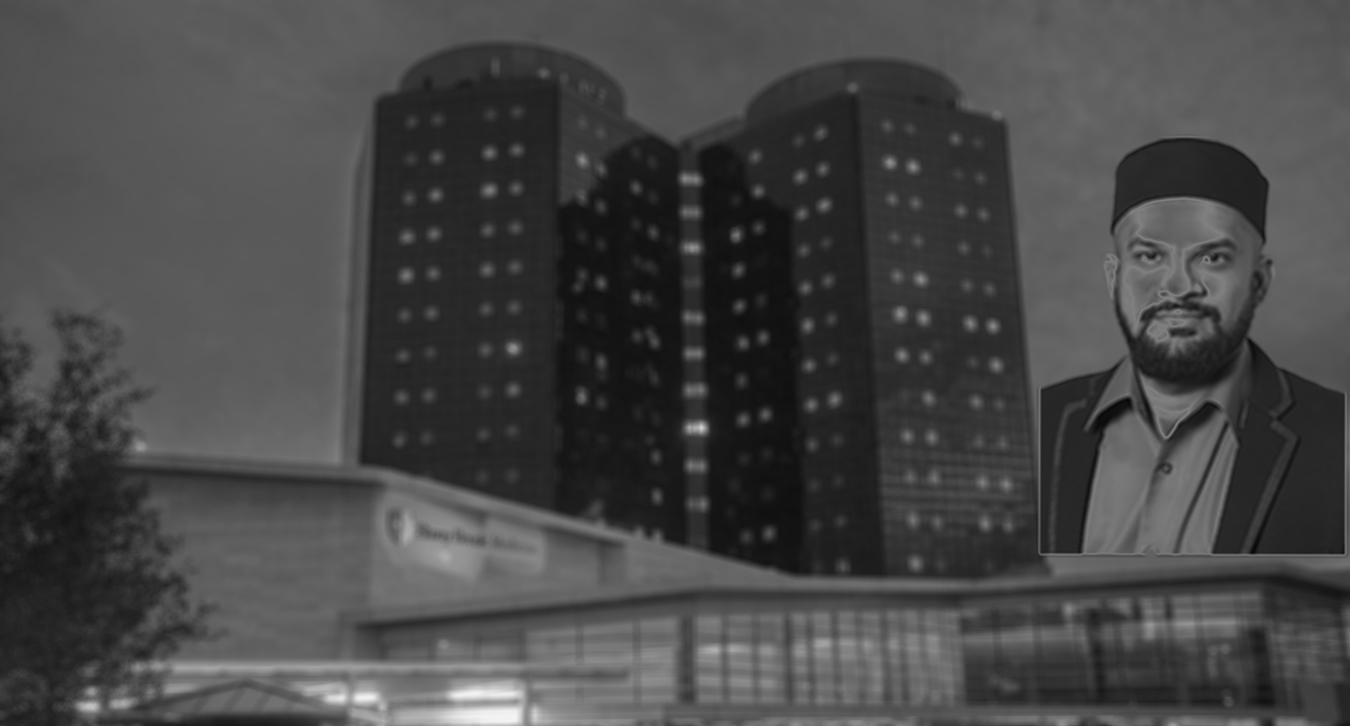
November 30, 2020
When Khurram Ahmed first began work as a hospital chaplain six years ago, he understood that the job required an immense amount of emotional labor.
Compartmentalizing the tragedy of others is just part of the job. Sometimes it is easier said than done. As a father himself, situations with children were especially difficult for him to not take personally.
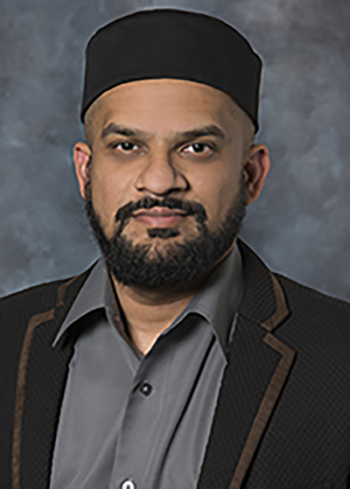
Over the years, he had to comfort families struggling to cope with the loss of their newborn babies, as well as help families make sense of the reality of their 5-year-old child’s diagnosis with leukemia. Despite the countless times that he has borne witness to the trauma of others, he was able to maintain his spiritual composure, in a manner of speaking.
“For this job, you have to have the resilience and spiritual groundedness to weather that storm,” he said. “The nature of the job is that you’re going to have those days when you ask yourself if you want to stay with it or not.”
Yet, little could have prepared him for the amount of suffering he would be confronted with at the height of the COVID-19 pandemic.
“What I witnessed was nothing I could have imagined. The sheer amount of people who were walking into the emergency room was maddening.”
Ahmed had been working as the Muslim chaplain at Stony Brook University Hospital in Suffolk County, NY for a little over a year when the virus hit. At the height of the outbreak, the hospital was inundated with COVID-19 patients, with at least 500 COVID-positive or suspected cases, nearly pushing the 695-bed hospital to the brink of capacity.
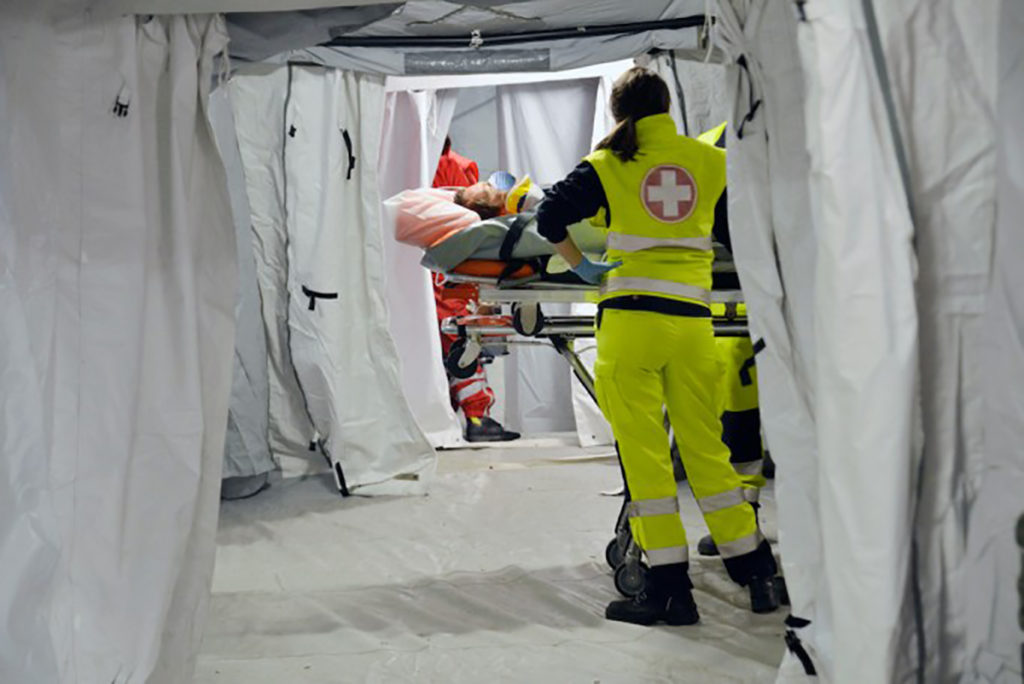
To increase the bed count, New York State spent $50 million on a 1,038-bed temporary hospital to meet the demand. From March through August, the hospital treated 1,653 COVID-19-positive in-patients. Adding to the pressure, 220 of the hospital’s staff became infected as well.
Ahmed said the unprecedented surge of suffering caused him great duress. Fear of contracting the virus and then passing it to his wife and child made him briefly question his own faith and resilience. At one point his Kufi, the traditional skull caps for Muslim men, fell on the hospital floor. With his heart skipping a beat, Ahmed was engulfed in fear, debating whether to pick it up.
“We had to take off every piece of PPE (personal protective equipment), one by one, and had to treat it like it was radioactive,” he said. “The anxiety I had when I visited COVID-positive patients, with the amount of effort I gave to scrub myself afterward, definitely put doubt in my mind.”
As Ahmed views it, a chaplain is meant to provide comfort to those who are undergoing tremendous amount of discomfort. Hospitals, however, are naturally an uncomfortable environment. It smells of bleach and the labyrinth of fluorescent-lit corridors could be dizzying. Alien-like machines of all kinds make noises at all hours. Overworked nurses, zigzag from room to room in assembly-line fashion, jaded by the sheer amount of humanity that they have encountered over the years.
The comforts of home are absent, not to mention the odds that if you find yourself in a hospital, it’s probably not the best day of your life. Think about it, it’s the only place in the world, really, where hearing the word positive means you just got awful news.
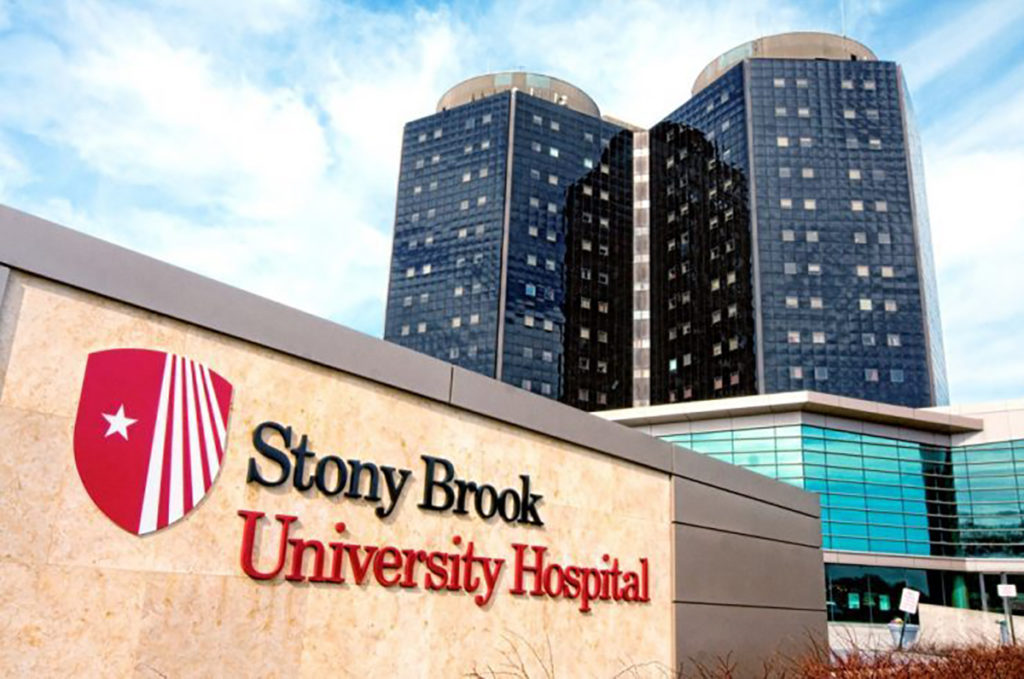
With that in mind, Ahmed does his best to meet his patients and their families in a state of mind that can circumvent the trapping of the hospital.
“Being in the hospital, you are suffering losses. And every loss begets grief. So, there is the mourning that is happening, and you don’t have the things that bring you comfort. Understanding that, it locks you into focusing on supporting the patients so that you can become a source of comfort.”
However, as the hospital implemented strict quarantine guidelines that restricted families from visiting their loved ones, his job took on greater importance as families, Muslim and non-Muslim alike, asked him if he could watch over their loved ones for them and perform Dua, a prayer of supplication or request.
Muslims regard performing Dua as one of the most profound acts of worship one can make. Unable to walk into the room, he would peer through the window and recite the Surah Al-Fatiha, the first chapter in the Quran, on their behalf:
“In the name of God, the infinitely Compassionate and Merciful.
Praise be to God, Lord of all the worlds.
The Compassionate, the Merciful. Ruler on the Day of Reckoning.
You alone do we worship, and You alone do we ask for help.
Guide us on the straight path,
the path of those who have received your grace;
not the path of those who have brought down wrath, nor of those who wander astray.
Amen.”
Many Muslims believe reciting the Al-Fatiha can be instrumental in hastening the healing process. “It was a comfort for the families to know that their loved ones were not alone,” he said. “That someone was there and said a prayer.”
Still, he wonders if his terminal patients were aware that he was even near.
“Many patients, especially those at the end of their lives, were not verbal so I’m not even sure if they were aware of our presence.”
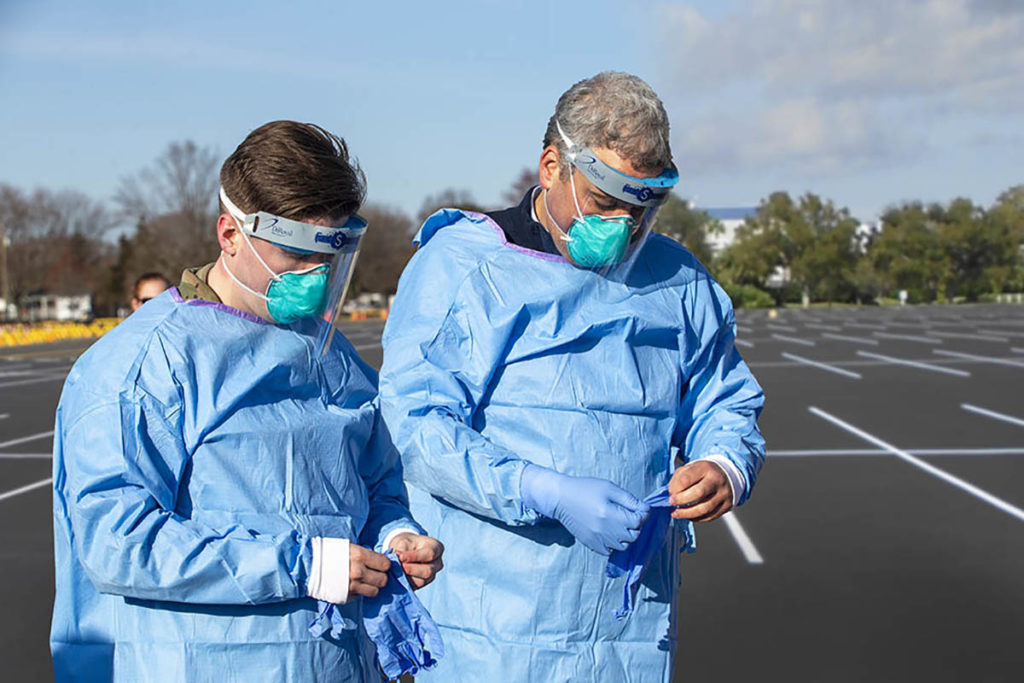
With family unable to visit their loved ones, he grappled with providing them chaplain services remotely. Particularly challenging was having to have an end-of-life conversation with family members over Zoom. But with so many people dying on a daily basis, those meetings became more essential.
“At that point, communicating with families became even more important,” said Ahmed. “Those are very challenging conversations to have, especially for younger people.”
Despite the challenges, the pandemic gave him renewed sense of purpose, reminding him of why he became a chaplain in the first place. For most of his life, Ahmed was on the move, never staying anywhere long enough to establish a sense of identity.
Born in Pakistan, his family moved to the Caribbean, first settling in Jamaica and then Barbados. Eventually, he made his way to Southern California where he worked in marketing for a tech company until 2012. He enjoyed the job but he would wake up every morning with a profound feeling of emptiness. Something was missing.
“It was decent, honest work, but when the company leadership talked about creating products that were changing the world, that didn’t resonate with me,” he said. “I don’t think they were being insincere but I didn’t feel I was contributing to the betterment of society.”
When the company shuttered, he took it as an opportunity to do some soul-searching. At, 33, with a wife and newborn child, he was anxious to find something meaningful fast. With time on his hands, he began to regularly attend services in the local mosque. The Imam took an interest in him and Ahmed began helping the Imam do research for his sermons. During Jummah prayers, Ahmed was thrilled to see the sermons he helped craft move the congregation.
“To see something you helped write, deeply move three hundred people in a room, it’s a thrill I had never felt before.”
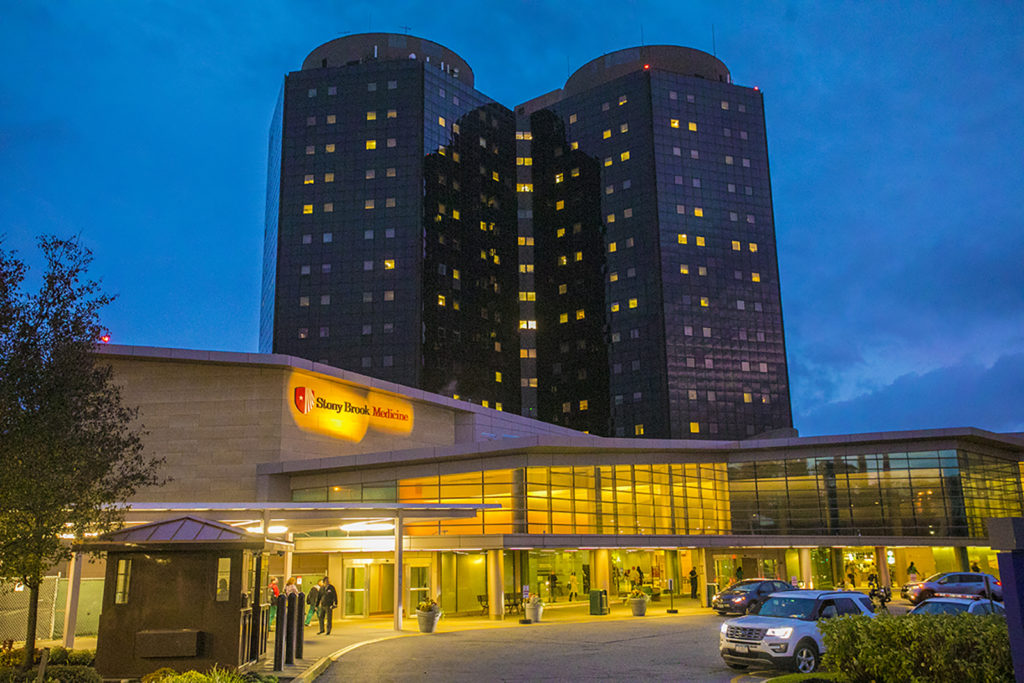
One day, the Imam pulled Ahmed aside and told him that he enjoyed having him do research for him but that he was destined for bigger things. Ahmed was crushed. Unsure of what to do next, he felt like he was back to square one. Yet, when news of the murder of Michael Brown broke worldwide, Ahmed, like many Americans, was enraged. Once again another black man was unjustly killed.
“It was very anxiety-inducing. I felt like violence was right outside my doorstep. It forced me to confront that this kind of violence is systematic. What happened to Michael Brown, is not different from what happened to many people since.”
Agitated, Ahmed quickly realized that what he was looking for all along was an opportunity to make a difference, but he wasn’t so sure how. His wife, who is a doctor, suggested he meet with the chaplain at her hospital. After several visits shadowing the chaplain, he was convinced that the chaplaincy was his calling.
For Ahmed, the pandemic has become the ultimate test of his faith, both of himself and of humanity. Although he has seen horrific trauma, he says it has been balanced by unbelievable moments of joy. He saw people, on the brink of death, make miraculous recoveries almost overnight.
But sometimes the bad days just affect him more than the good days. On bad days, guilt lingers over him when he goes home to his family, knowing that some of his patients may never return home again. He can feel it sticking to his skin and clothes like the ash that covers windows after a fire.
To bring himself comfort, Ahmed is reminded of a passage from the Quran that helps remind him that loss is the only guarantee in life. To live life is to live with loss.
“Allah says in the Quran:
‘By the time human beings are born they are in a state of loss. That by the nature of time and how Allah has degree time for us, loss is inevitable to us. On every level, whether our limbs get a little stiffer or our eyesight gets a little weaker, time is just guaranteeing loss.’”


